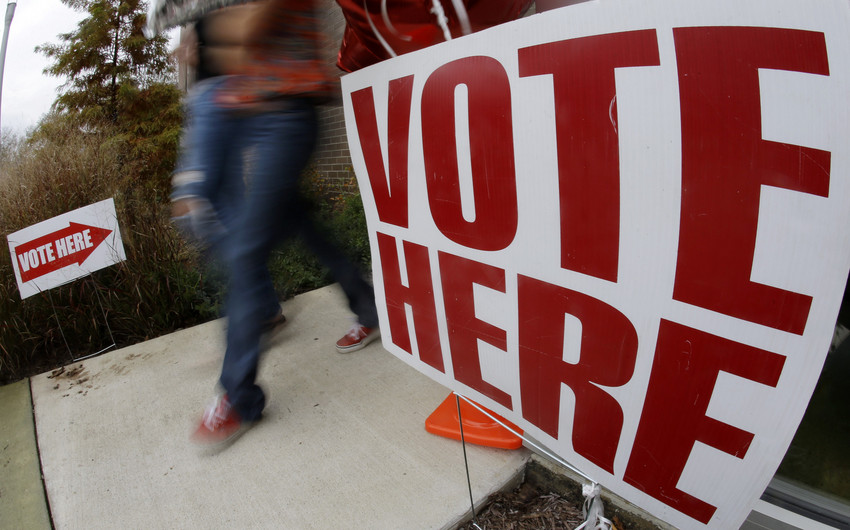To bind the nation’s wounds
By Al Gini

To bind the nation’s wounds
By Al Gini
It’s over! It’s finally over! Thank God almighty, it’s over! No more newspaper, TV or radio ads! No more blitz of unending robocalls! No more sometimes-urbane-but-more-often-than-not-unbearably-pompous-post-debate-analysis by professional pundits! The votes are in, the count is official. The Electoral College has been given its marching orders. We no longer have two candidates, we now have a duly elected winner.
According to a number of sources, more money has been spent on this presidential campaign than ever before: Tally up the professional staff, organizing volunteers, neighborhood canvassing, major fund raisers, local bake sales, the kissing of random babies, the shaking of untold hands, the photos taken or the rubber chicken dinners eaten — the time and money spent on all sides has been staggering.
Then there are the candidates: Mitt Romney has almost exclusively devoted the last three years to running for the presidency; and, although President Obama’s day job prohibited him from being a full time candidate, the power of the bully pulpit kept his candidacy in the public eye.
But now it’s over. It sometimes seemed like sound and fury signifying nothing, but elections — no matter how long, how tedious or how divisive — lie at the core of what we mean by the “sacredness of the individual” and the “purpose of the state.” Democracy is about the rule of the people: the belief that the state exists to serve its constituents, citizens, and not the other way around.
Yes, we now spend too much money on campaigns, from the office of the presidency to state representatives to the local dogcatcher. Yes, the rhetoric is often vitriolic. Yes, the campaign season is too long. However, presidential campaigns, political campaigns in general — no matter how flawed, expensive or over the top — speak to Abraham Lincoln’s central philosophical and political conviction, “that (a) government of the people, by the people, for the people shall not perish from the earth.”
I’ll end with words of Lincoln in his Second Inaugural Address: “With malice toward none; with charity for all… let us strive to finish the work we are in, to bind the nation’s wound… to do all which may achieve and cherish, a just and lasting peace, among ourselves and with all nations.”
Al Gini is a Professor of Business Ethics and Chairman of the Management Department in the Quinlan School of Business at Loyola University Chicago.
